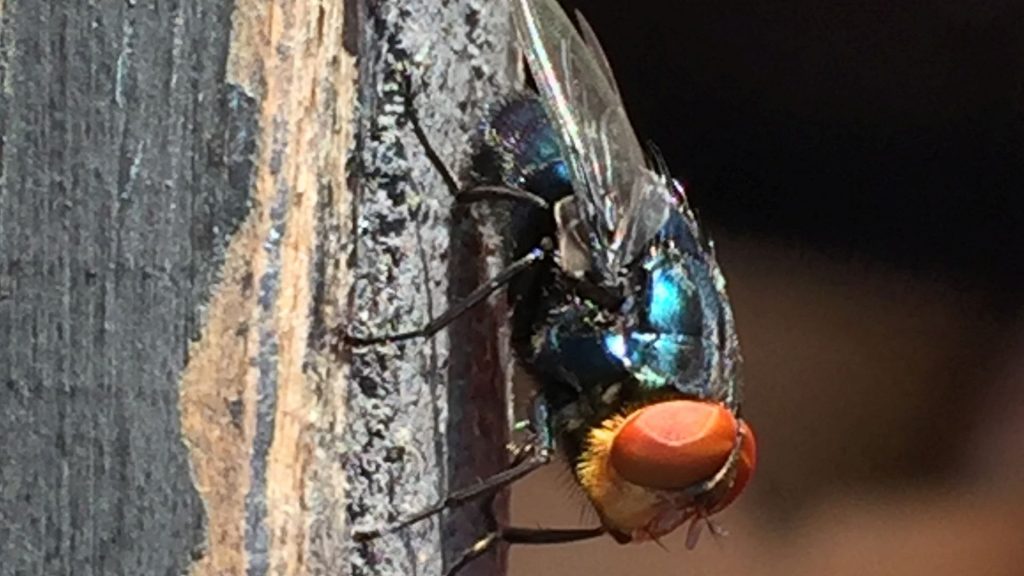Texas to deploy bait scented like open wounds to fight against screwworm fly

Texas Department of Agriculture officials are set to deploy bait that is meant to duplicate the smell of open wounds as part of an effort to fight the spread of the flesh-eating screwworm fly. The fly is not only a pest, but a major threat to the beef industry, wildlife and even pets.
Texas Agriculture Commissioner Sid Miller announced the effort in a statement Monday, July 21. He said his agency will deploy Swormlure-5, a bait designed to mimic the odor of an open wound in order to lure adult screwworm flies.
The department said this is a new and improved version of previously used screwworm baits. A similar tactic was employed to help kill off the flies during an isolated outbreak in the 1970s, following the parasite’s initial eradication from the United States in the 1960s.
“Back then, we used this combination to help wipe out one of the nastiest parasites we’ve ever faced,” Miller said. “Swormlure-5, created using modern science and built upon previous versions, Swormlure-2 and Swormlure-4, is a potent synthetic attractant that mimics the scent of open wounds, drawing adult screwworm flies to the bait, where they die.”
Not a threat to honeybees or other pollinators
Miller emphasized that the bait is specifically designed to target screwworm and blow flies and will not threaten beneficial pollinators such as honeybees and monarch butterflies.
“In prior research and deployment, this method eliminated approximately 90% of the flies within a two- to four-week period,” Miller said. “The remaining 10% were eliminated with the release of sterile male flies in the areas where traps were deployed.”
Unbiased. Straight Facts.TM
The CDC reports that screwworm flies will lay eggs in open wounds on all kinds of animals, and can even target humans, laying 200-300 eggs at a time.

While the flies are drawn to the smell, researchers note that some of the components within the bait are detectable to humans.
A proactive approach
The parasite is a major concern for the agricultural industry and veterinarians, who say the flies’ larvae often infest wounds of warm-blooded animals, which can lead to substantial tissue damage and can prove deadly if left untreated.
By taking proactive steps now, officials aim to stop a widespread outbreak before it starts, mitigating harm to livestock and wildlife.
The U.S. Department of Agriculture also announced earlier in 2025 that air drops of sterile screwworm male flies were slated to begin next summer. The drop will take place largely in the south of Texas and along the southern border.
The sterile males will then be released into the wilderness where they will attempt to mate with female flies. However, the sterilized males will not be able to fertilize the females’ eggs, thus producing no larvae to hatch and subsequently reducing the fly population over time.





